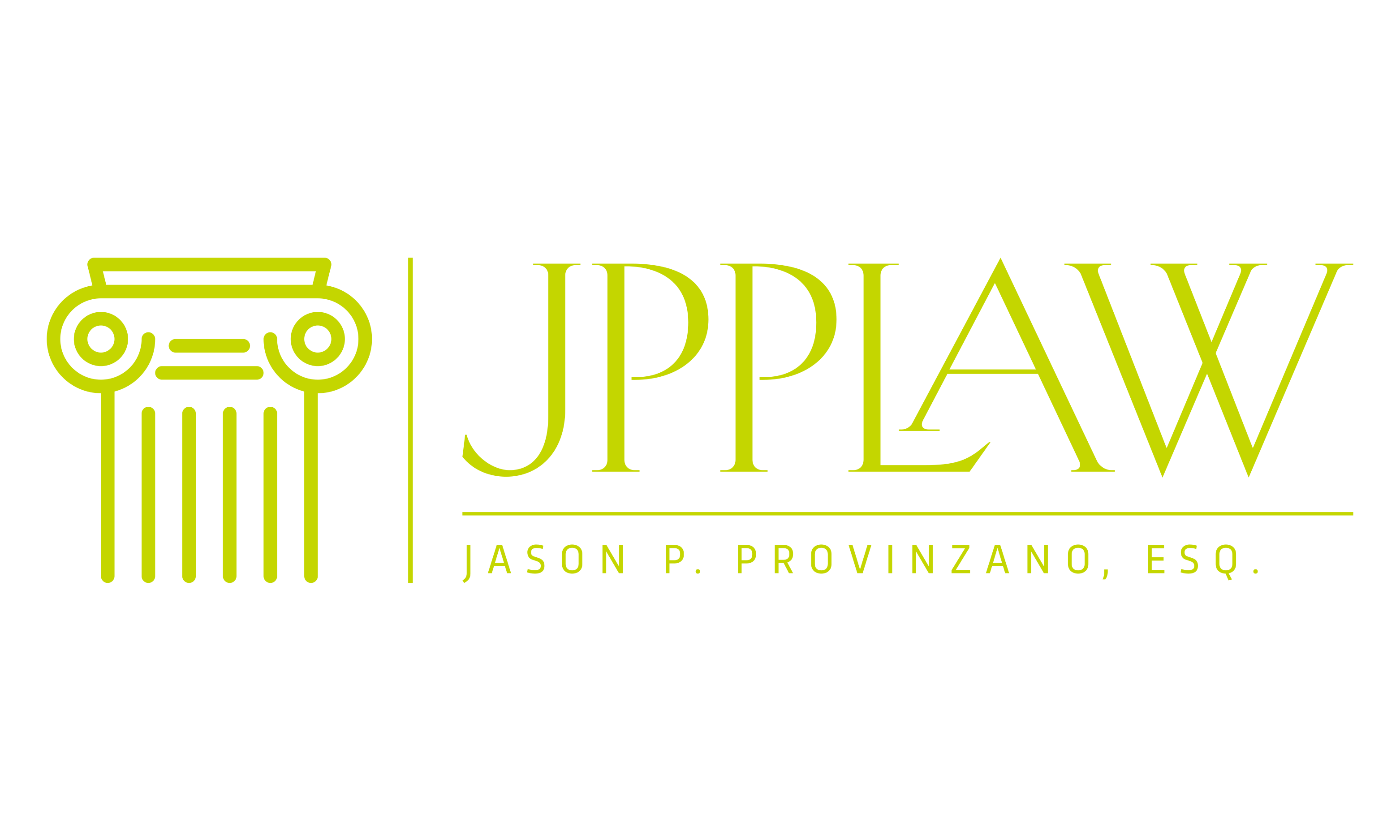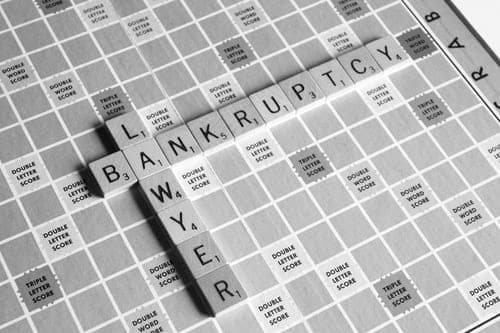Bankruptcy is one of the most powerful tools to help you regain your financial independence when few other options remain. It can eliminate debt, protect your savings, and put an end to harassment from bill collectors. Unfortunately, bankruptcy is also complicated, misunderstood, and often unfairly stigmatized.
At JPP Law, we know that, when utilized correctly, bankruptcy can be completely life-changing. However, making the most of it isn’t always easy without the wealth of specialized knowledge and experience that a bankruptcy lawyer can provide. Even the simple act of knowing what kind of bankruptcy is right for you can be daunting.
Depending on your financial situation, there are many different types of bankruptcy, with specific variations designed to protect individuals, businesses, farms, entire municipalities, and more. At JPP Law, our first priority is helping everyday people like you get back on your feet. That’s why we specialize in the two main types of personal bankruptcy: Chapter 7 and Chapter 13.
Chapter 7
The most common of the many different types of bankruptcy, Chapter 7 bankruptcy, instantly provides some much-needed breathing room by putting all collections against you on pause. That means, in most cases, you’ll no longer have to worry about harassing phone calls, garnished wages, or the ever-present threat of a potential lawsuit.
To be eligible for Chapter 7 bankruptcy, an individual must show that their current income is insufficient for repaying their debts. In exchange for having your debt discharged, some of your property may require liquidation to compensate creditors. However, most personal property—including your home, car, furniture, Social Security, welfare, unemployment, child support, pension, disability, etc.—is exempt, meaning that a majority of individuals declaring Chapter 7 bankruptcy lose little to nothing.
Those declaring Chapter 7 bankruptcy do, meanwhile, gain something significant: peace of mind. Within four to six months, most individuals are completely free of debt.
Chapter 13
The second most common of the many different types of bankruptcy, Chapter 13, is an option for those whose income fails to meet the means test—in other words, they have sufficient income to repay a portion of their debts. Still, they have fallen so far behind that it feels impossible to catch up. Declaring Chapter 13 bankruptcy allows individuals to reorganize their debt, greatly decreasing the money they owe and putting in place a much more manageable payment plan.
Like Chapter 7, Chapter 13 puts a hold on collections and prevents foreclosures and repossessions, allowing individuals to keep their homes, cars, and other property. At the same time, you will have the chance to create a monthly budget based on your income and living expenses to show how much you can afford to pay towards your debts.
This average repayment period in Chapter 13 bankruptcy lasts about three to five years, with any debts not repaid in that period discharged.
JPP Law Can Help You Eliminate Debt
Whichever of the different types of bankruptcy is best for you, the experienced attorneys at JPP Law are here to help you eliminate your debt once and for all. With our comprehensive knowledge of the bankruptcy laws in PA, we can provide expert services during the bankruptcy process: determining eligibility, filling out and filing paperwork, courtroom negotiations, and more.
We know how hard it is living with debt and how intimidating it can be navigating the intricacies of the legal system. Contact JPP Law today for a free consultation and let us show you the path back to financial freedom.


